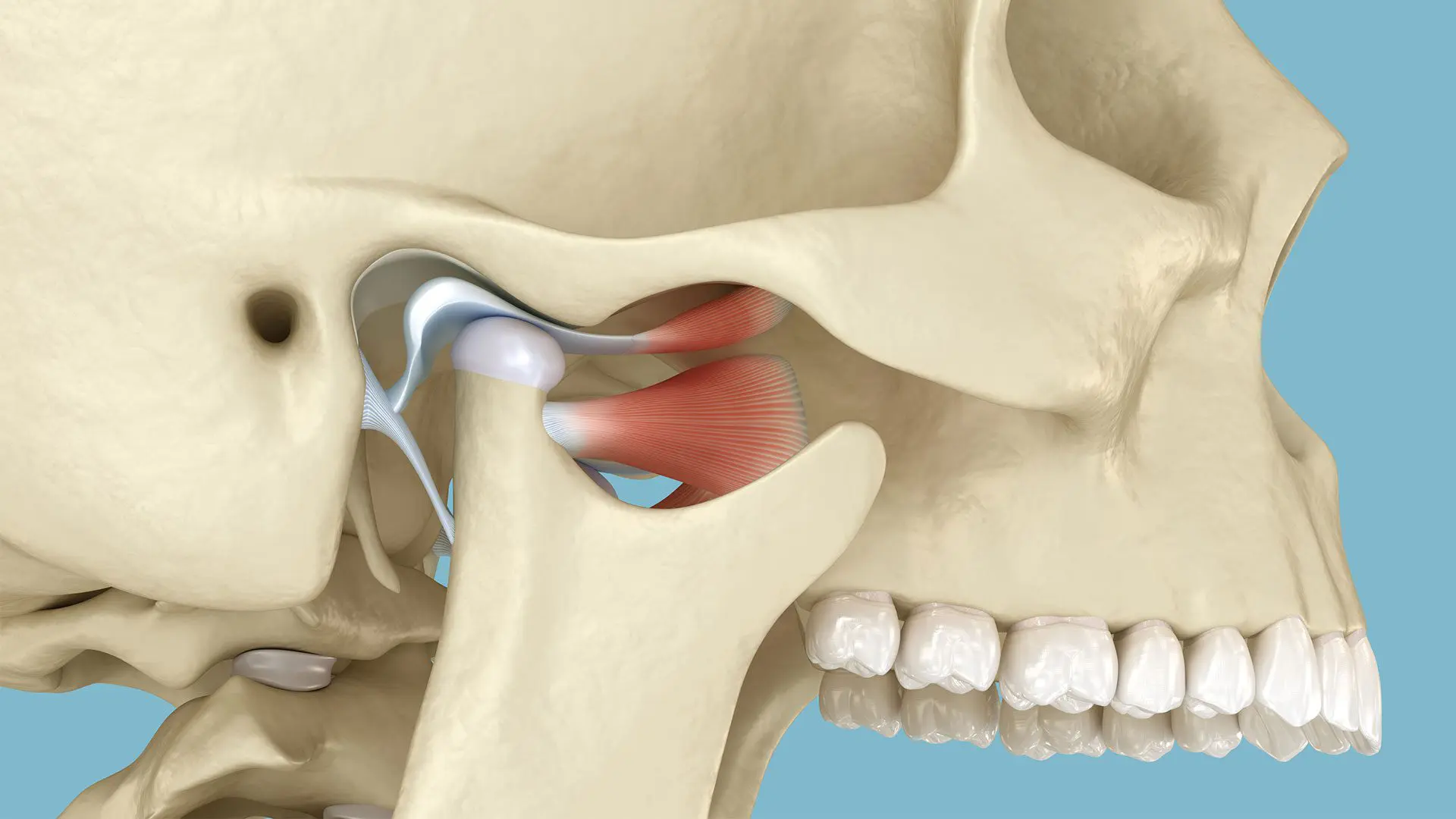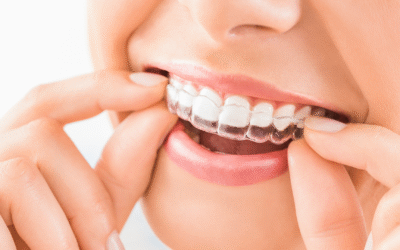Temporomandibular Joint (TMJ) disorders can significantly impact daily life, causing pain and dysfunction in the jaw joint and muscles that control jaw movement. While medical treatments are important for improvement, integrating specific lifestyle changes can enhance the effectiveness of treatment and provide relief.
Here’s a guide for those seeking to complement their TMJ treatment with practical lifestyle adjustments.
Stress Reduction
Stress is a key exacerbator of TMJ symptoms, often leading to unconscious jaw clenching and teeth grinding. Implementing stress management techniques such as mindfulness meditation, deep breathing exercises, and yoga can help alleviate jaw tension and improve overall well-being.
Diet Adjustments
Modifying your diet to include soft foods can significantly relieve strain on the TMJ. Avoid gum and tough, chewy, or crunchy foods and opt for smoothies, soups, and steamed vegetables, especially during flare-ups. This minimizes jaw movement and can help prevent further irritation.
Exercise and Physical Therapy
Gentle jaw exercises can strengthen jaw muscles and improve mobility but should be done under professional guidance to avoid exacerbating the condition. Additionally, general physical activity helps reduce overall tension and stress that might contribute to TMJ issues. When exercising, please make sure your teeth are separated and not clenched together.
Proper Sleep Practices
Adopting a supportive sleeping position is crucial. Avoid sleeping on your stomach, which places pressure on the jaw. Opt for back sleeping with a pillow that supports the neck and maintains the spine’s alignment, helping to ease TMJ pain symptoms. For Obstructive Sleep Apnea patients, treating their sleep apnea may help resolve some TMD symptoms.

Posture Improvement
Poor posture and slouching can also worsen TMJ symptoms. Maintain an upright posture with shoulders back to reduce unnecessary head and neck strain. Pay particular attention to your posture while using digital devices, as forward head posture can increase jaw and neck tension.
Avoid Extreme Jaw Movements
Minimize activities that require large jaw movements, such as wide yawning, laughing, singing, and extensive chewing. Learn to support your chin when yawning to prevent overextending the jaw.
Temperature Therapy
Applying heat or cold can provide temporary relief. Heat can relax and loosen the jaw muscles, while cold packs can reduce inflammation and numb severe pain. Use these therapies as directed by your healthcare provider to complement ongoing treatments.
Regular Checkups
Stay consistent with your dental appointments. Regular checkups allow your doctor to monitor your condition and adjust treatments as necessary, ensuring the best possible outcomes.
Incorporating these lifestyle changes can make a significant difference in managing TMJ disorders. Contact us at Daia Orthodontics & TMJ Orthopedics for guidance on which strategies are best suited to your specific situation and remember that these changes are most effective when combined with professional treatment plans.




